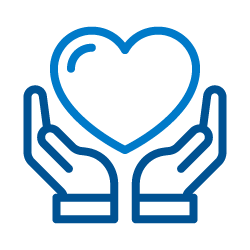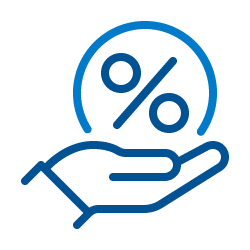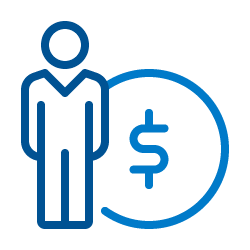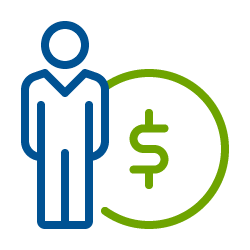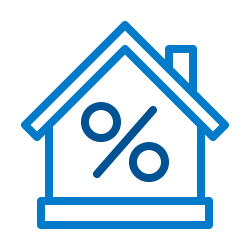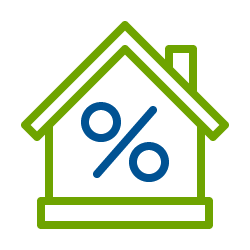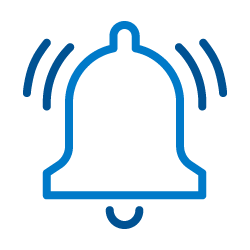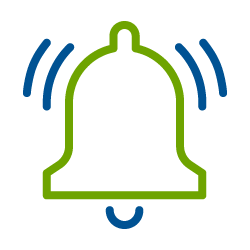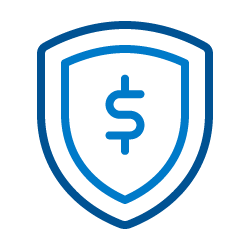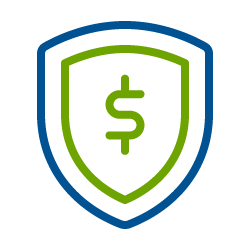Think First Before You Share
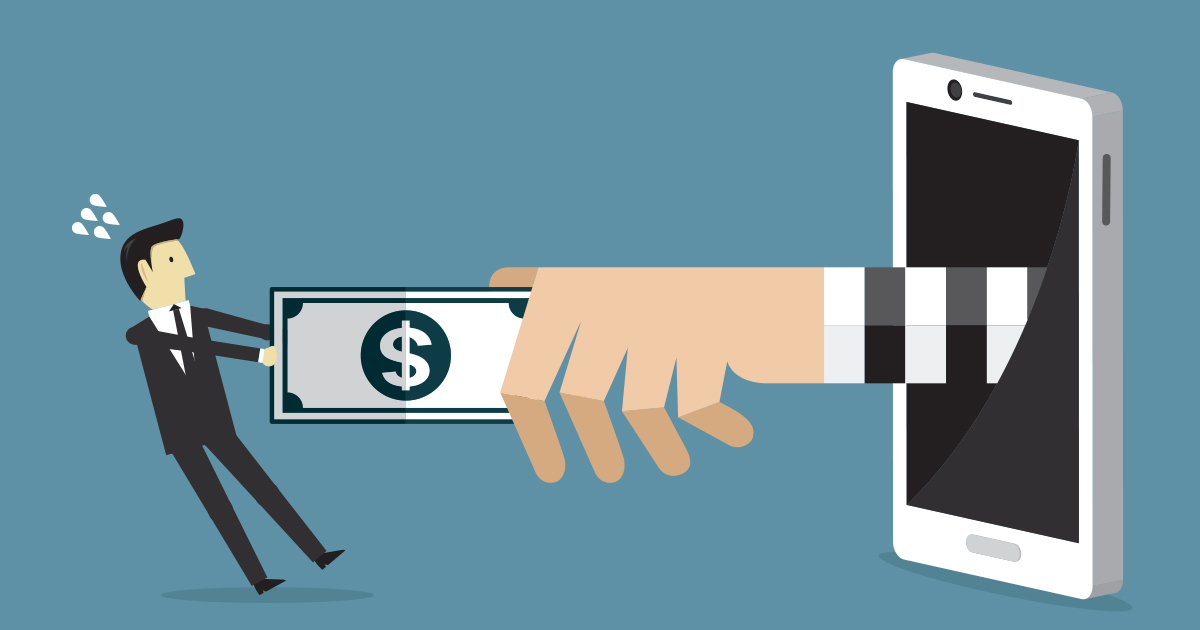
October is National Cybersecurity Awareness Month (NCSAM), and the National Initiative for Cybersecurity Careers and Studies released a campaign that emphasizes personal accountability and the importance of taking proactive steps to enhance cybersecurity at home and in the workplace. This year their message is about how you can Own IT, Secure IT, and Protect IT. Here are some of the tips that they suggest:
The basic goal of owning your online presence is to understand your digital profile. Cyber or Internet-based devices are present in each aspect of our lives: at home, work, school, and on the go. This constant connection can be a double-edged sword because it presents opportunities for potential threats that can compromise your most important personal information. Understanding your devices and applications you use everyday can help keep you and your information safe and secure. For example:
- Do you tag your location while at home or work?
- This means someone can find out where you live and where you work.
- Do you share your usual running route?
- This means someone knows where you might be alone or when no one will be home.
- Do you share when you are leaving for vacation?
- This means someone knows when your house might be empty.
- Do you post quiz score results that share personal information like your mother’s maiden name or first elementary school?
- This means someone could be building a consumer profile to answer your security questions.
Own your information and your digital devices by not sharing these details online because once it’s there, anyone could use it against you. Being secure when it comes to your cyber profile involves protecting yourself from online threats by learning about security features available on the equipment and software you use. You can apply layers to enter your devices like multi-factor authentication (like we offer with our mobile app) and create strong passwords. Here are a few tips that you can try to better protect your personal information:
- Change or create strong passwords by adding special characters and replacing common phrases or personal information.
- Switch your email account to one that offers multi-factor authentication during sign-on for a dual level of protection from cybercriminals.
- Don’t share passwords or personal identification.
You can take steps to protect yourself from cybercriminals that may follow the digital trail you leave behind. Every click, share, like, and post you make creates a digital trail that can be exploited by cybercriminals. Protecting yourself from these crimes involves understanding, securing, and maintaining your digital profile. Some tips to try to help protect your privacy and limit cybercrimes include:
- Routinely checking privacy settings.
- Googling yourself and seeing what comes up. If you don’t like what you find, limit what you share.
You can share just about anything on social media these days but that doesn’t mean you should. However, almost every online quiz, personality test, or survey gives you the option to share your results. Many of these are harmless, but you should avoid sharing your private personal or financial information. You might not realize it, but these bits and pieces of information could be used against you by fraudsters. For example, at the bottom of the TransUnion Credit Score page is an option to share your credit score with all the world.

